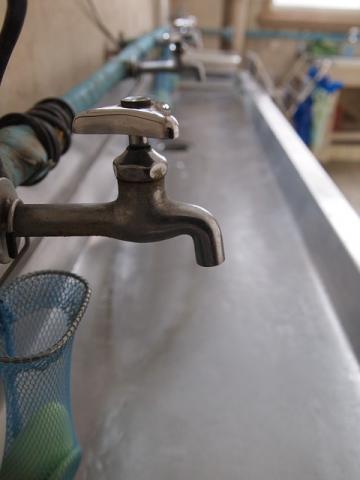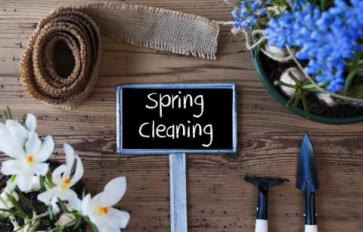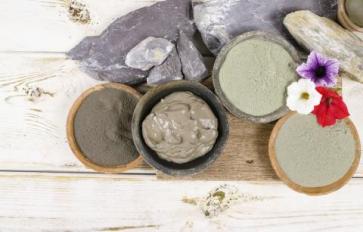
Someone I know swears he catches fewer colds than most adults because he ate dirt by the handful as a child. Maybe he’s right, who knows, but it’s not necessary nor recommended that anyone test his hypothesis at home.
There’s already scientific evidence that dirt and grime in moderation are beneficial for the immune systems of healthy people; it’s apparently less harmful than obsessive antiseptic cleanliness in most situations. We can be too clean for our own good sometimes.
Except for in medical environments where there are greater risks of spreading infectious diseases, most of the microbes we’re likely to encounter are harmless or beneficial. We have more in common with microbes than we realize; human bodies contain about 10 times more microbe cells than human cells.
The International Scientific Forum on Home Hygiene reports that modern hygiene standards paradoxically prevent the spread of infectious disease, while at the same time reduce our exposure to beneficial microbes that help keep us healthy. Such beneficial microbes are found in dirt.
Generational improvements in water quality and sanitation including food microbiology have diminished healthy contact with beneficial microbes, while keeping us safer from disease causing microbes. Another factor is urbanization that has led people to spend up to 80% of their lives indoors, with less exposure to friendly microbes in the natural environment.
Microbes are found everywhere, but the most harmful ones inhabit relatively few places, where it’s prudent to take extra precautions for personal hygiene and cleanliness. Bad microbes are mostly commonly found on human hands, surfaces that come in contact with hands, surfaces that come in contact with foods, cleaning cloths and utensils, clothing, household linens, toilets, sinks, floors, walls and furniture.
Numerous studies have found that exposure to a diverse range of microbes starting from birth is important for maintaining a healthy immune system. Conversely, people less exposed to microbes are more at risk for auto-immune afflictions such as allergies, asthma, Crohn’s disease, multiple sclerosis and type 1 diabetes.
Our exposure to microbes has been so diminished that scientists are studying ways to replenish or reintroduce beneficial microbes in the human gut. For example, a fecal microbiota transplant study sponsored by Massachusetts General Hospital involves giving pills containing freeze-dried poop from healthy normal-weight persons to obese persons to study the impact that microbes have on body weight and insulin sensitivity.
People can choose less drastic lifestyle changes to increase microbial exposure and nurture friendly microbes. These include opting for natural childbirth, breast feeding, encouraging more physical interaction among children and increasing the amount of time spent outdoors in nature. Avoidance of antimicrobial soaps is advised to maintain healthy colonies of skin microbes. Other studies suggest eating a balanced diet without processed foods supports diverse colonies of beneficial gut microbes.
And then there’s always the possibility of making your own mud pie—if no one is looking.








